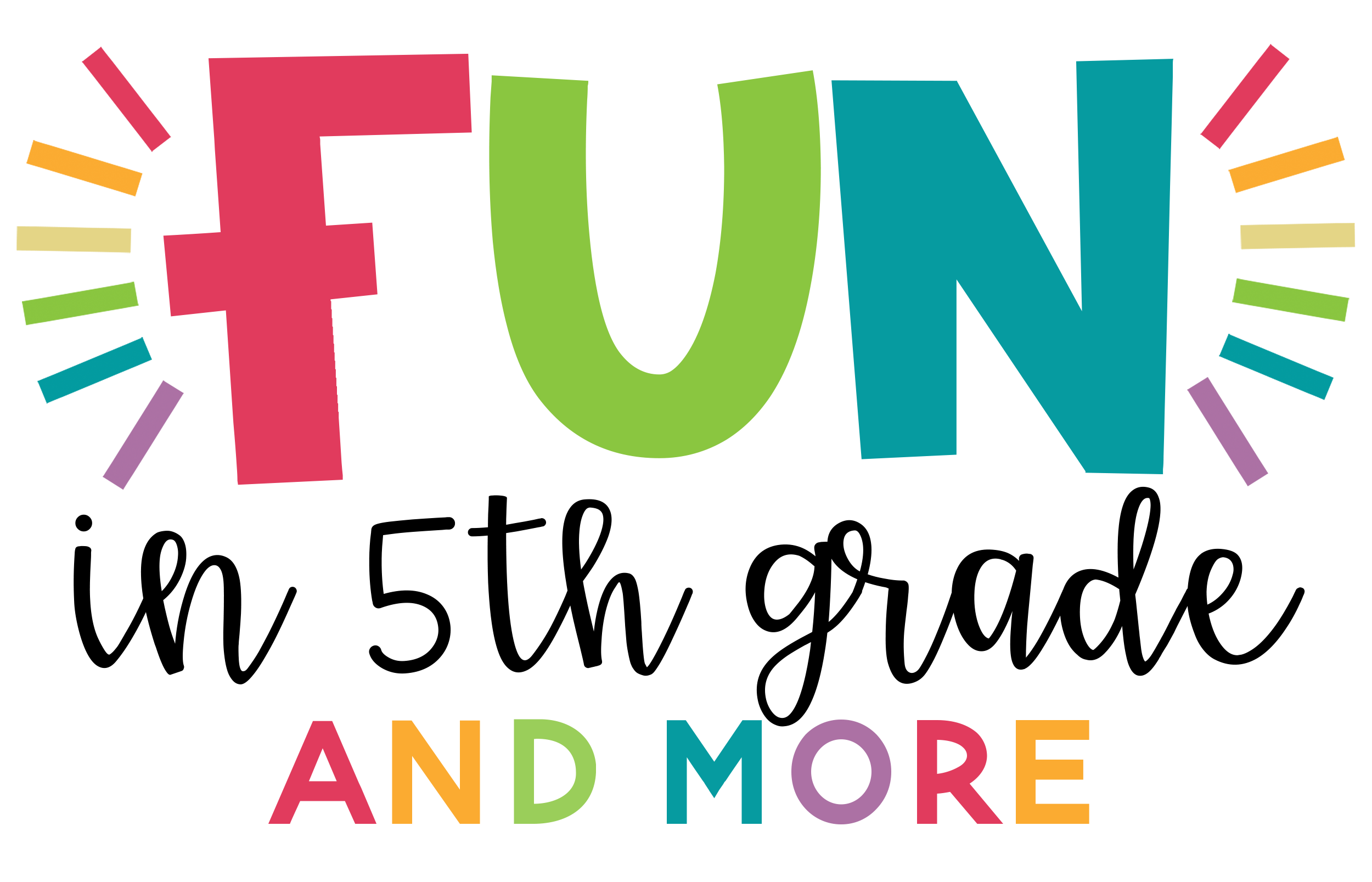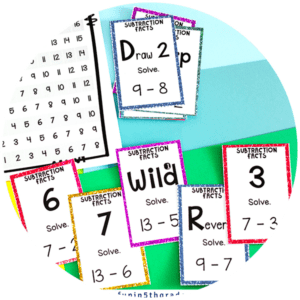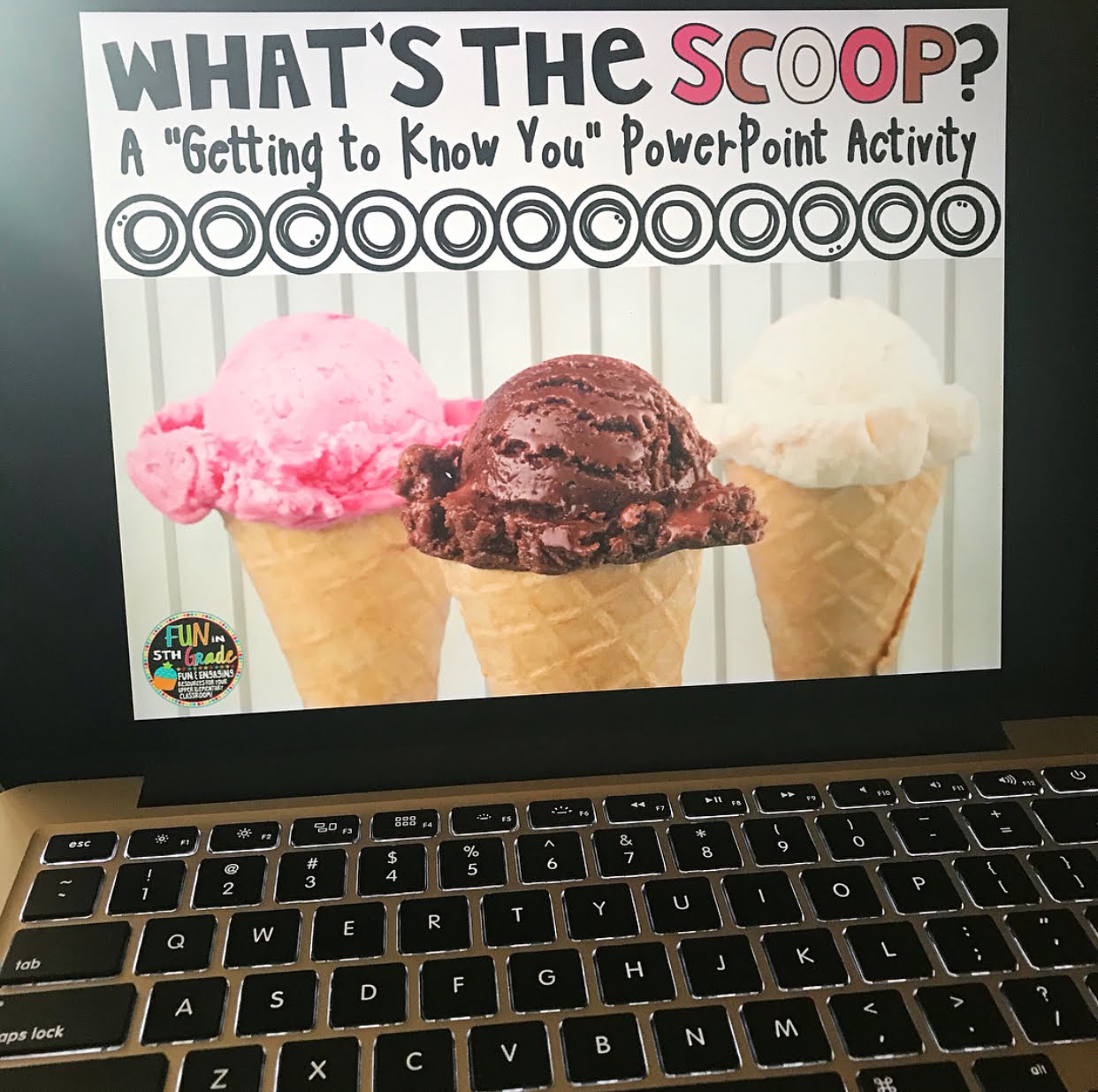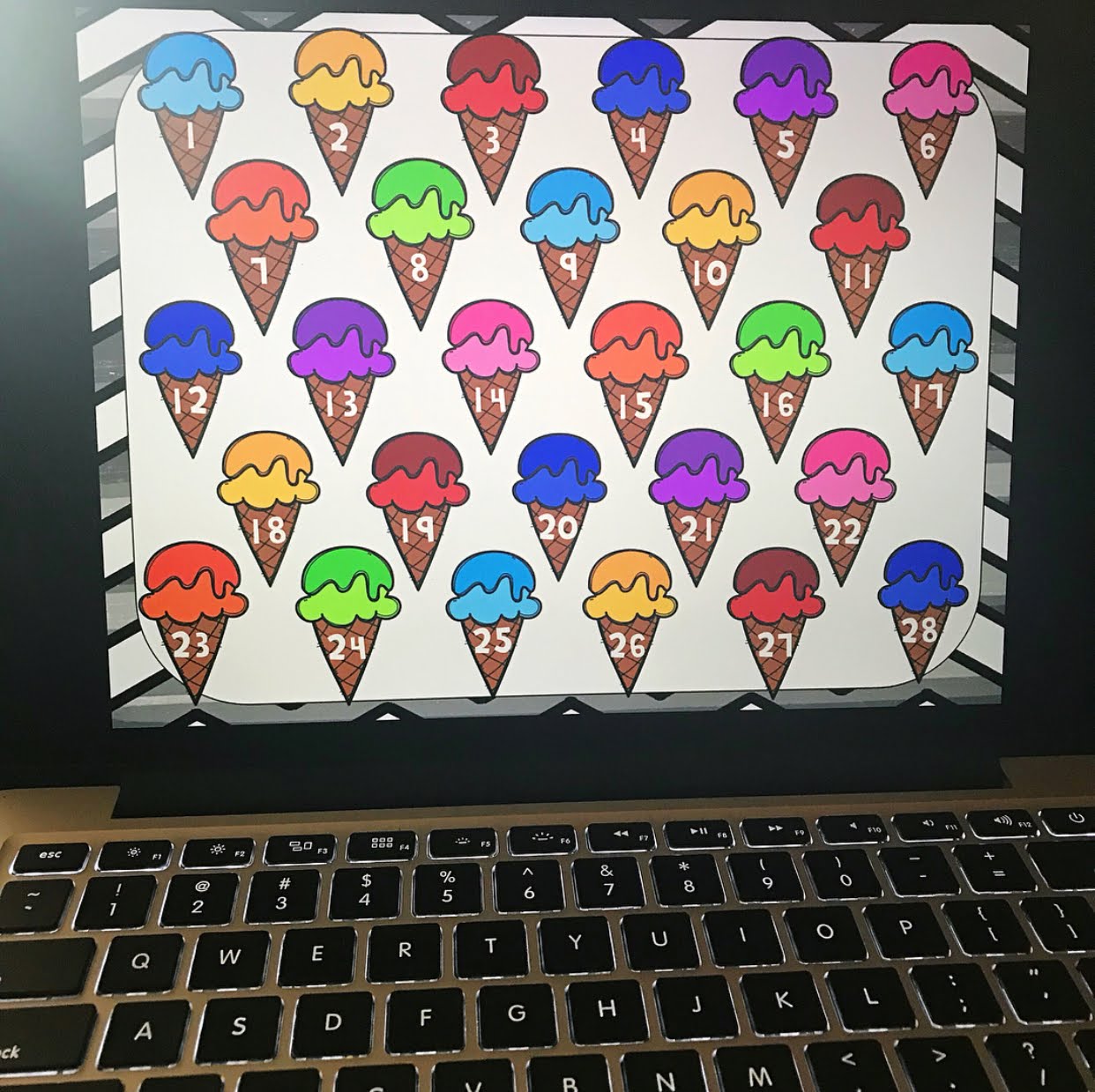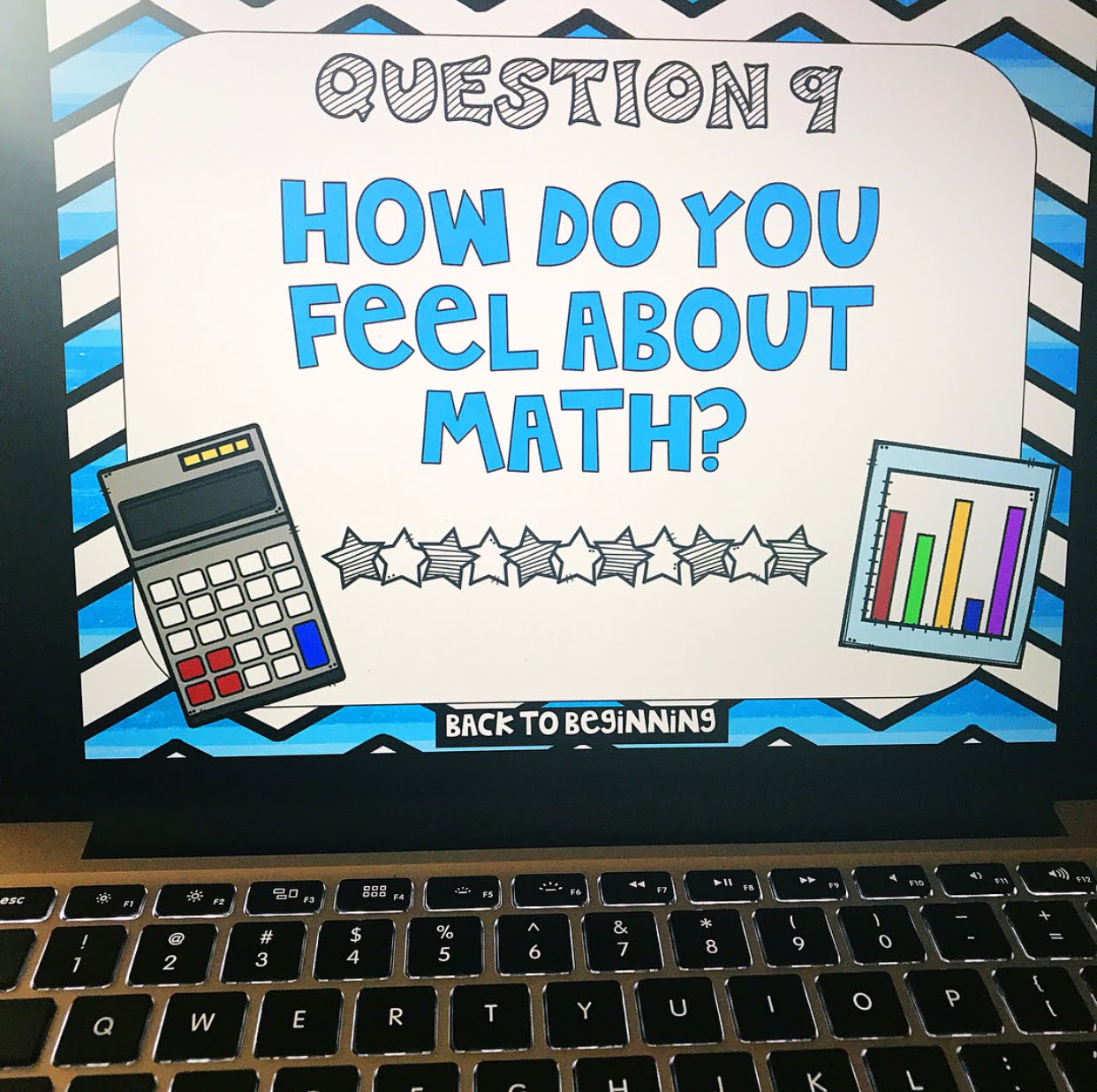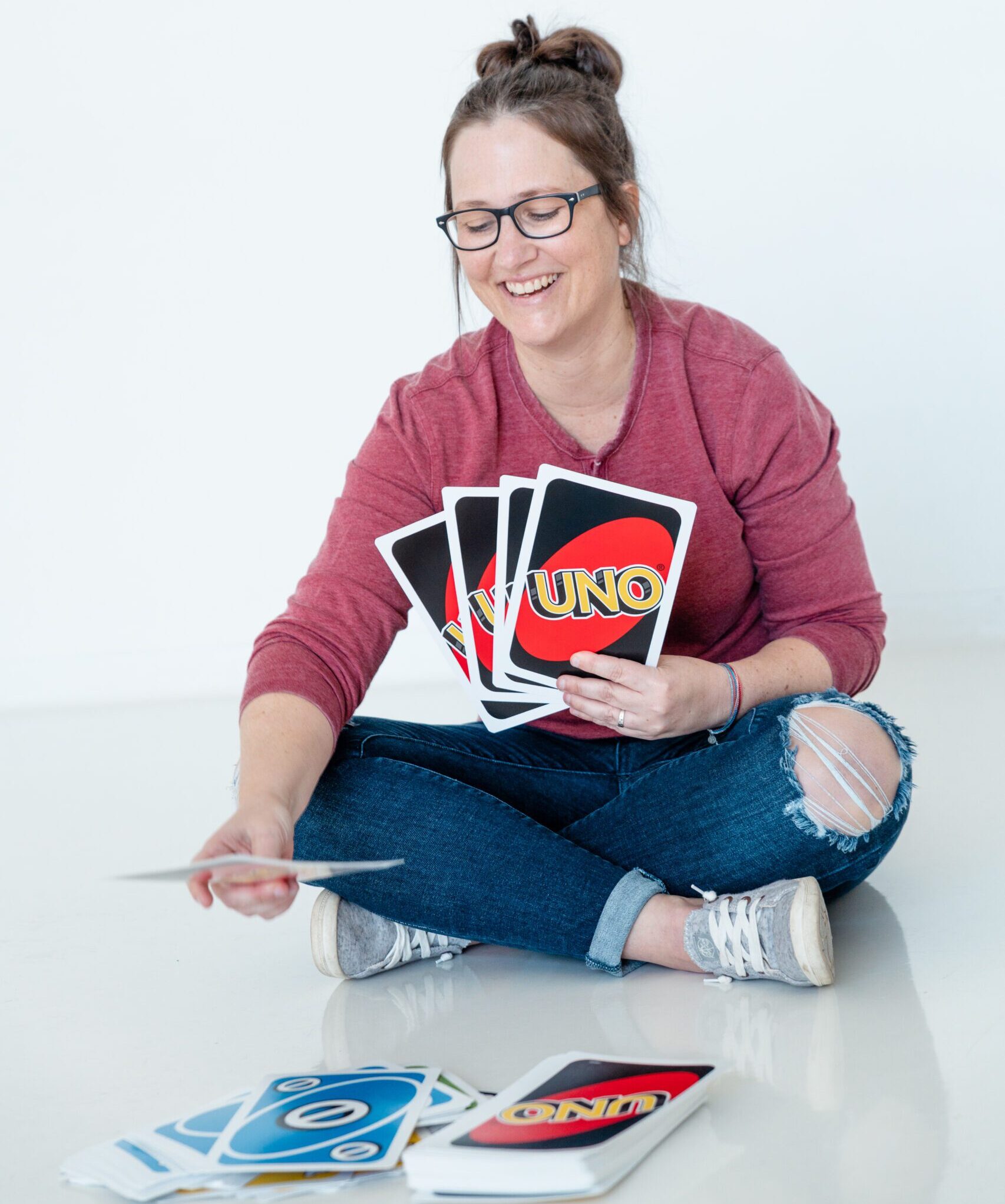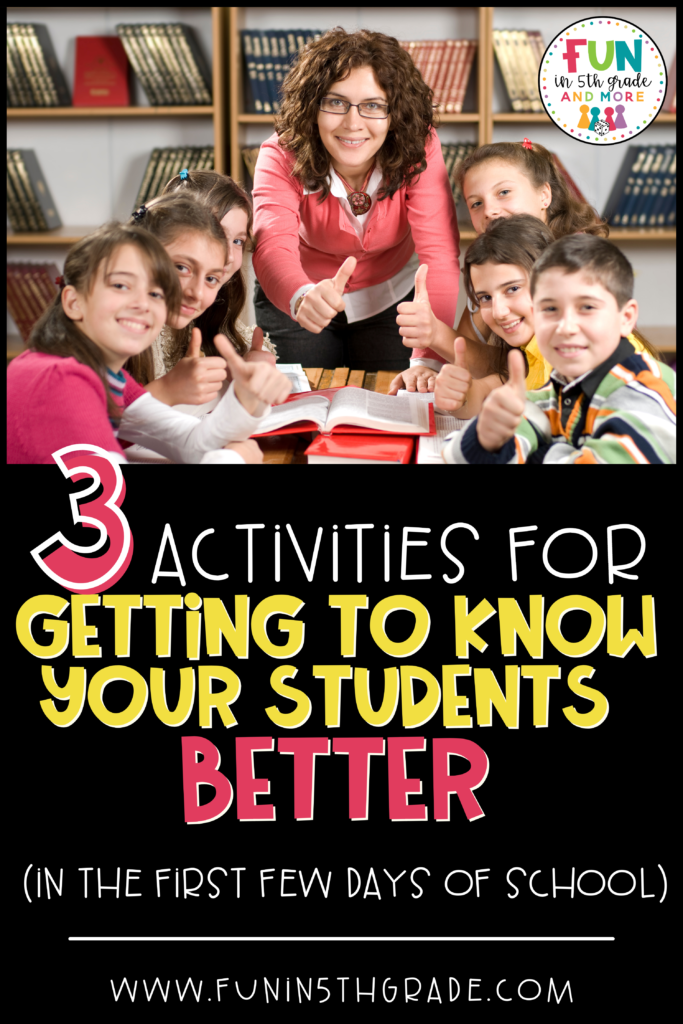
Getting to know your students in the first days of school is kind of like an investigation, and you are the detective assigned to the case. Are you ready?
Do you think you have what it takes to be an investigator who spends their days uncovering evidence and solving cases?
Maybe you watched shows like CSI or Veronica Mars, and you dreamed of eating donuts while staking out the house of a suspect. Or maybe you spend your free time hanging out in Escape Rooms or playing ‘Who Done It’ games.
If you have ever enjoyed uncovering mysteries, then I know that you must love the beginning of the school year.
At the beginning of the year, you have a whole group of new people to learn about and get to know, and oh, so much evidence to gather! That’s why getting to know your students in those first days of school isn’t easy.
A good investigation is all about seeking out information in a variety of ways. Investigators in some of my favorite crime dramas try all sorts of tactics to learn more about the people they are looking into. They often spend time observing the person (just like in that stakeout I mentioned earlier). They will also ask strategic questions during interviews and interrogations. Often, they will talk to others who know the person or try to make a connection with the person so that they will open up more during questioning.
Now, I don’t want you formally interrogating your students, but I want to encourage you to pick activities in the first couple of weeks that allow you to learn as much about your students as possible.
In addition, I really hope you’ll take detailed notes in those first weeks because all those little pieces of information will help you not only learn about your students’ personal lives but you’ll also learn how they like to learn, what types of activities they respond best to, and what types of responses from you (and others) they seem to appreciate most.
Learning about students is important and can help you pick a variety of activities and modify lessons throughout the year to appeal to your students’ strengths.
The 3 activities we are sharing today were created with the investigation in mind. Each activity will help you gather a few pieces of important evidence that will give you a better overall picture of your students.
Activity #1: Your Perfect School Day
Getting to know your students in the first days of school gets harder as they get older because students start to pick up on teachers’ ‘back to school tendencies.’ So this first activity uses their knowledge of how school works as a way to understand them better.
As your students enter your upper elementary class, you know that most of them have already been in formal learning environments for many years. They are familiar with most of what goes on, and they have opinions. Give them a chance to express their opinions about school with a simple Design Your Perfect School Day activity.
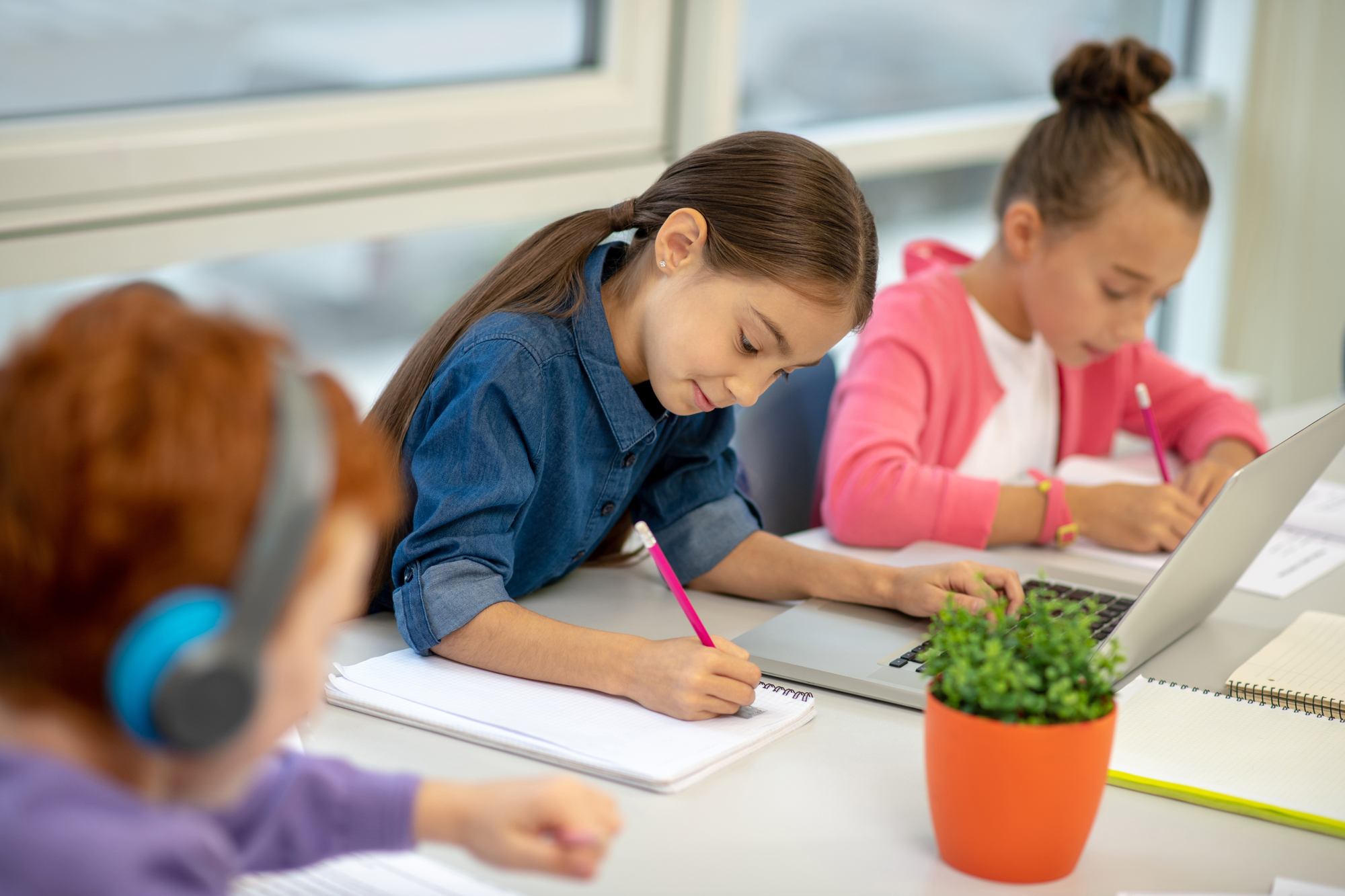
Begin by giving students the option to either write about or draw their perfect school day. In this activity, you’ll learn some key information about them that will help you design lessons and instruction that meets their needs better.
Give the students about 20-30 minutes to complete the activity. After their time is up, provide students with the choice to either read or explain their perfect day to the class, or they can share it directly with you privately through a conversation or recorded video. If the students choose to share it directly with you via video, set up a Flipgrid station in the classroom where students can record a video of them explaining their perfect day to you. If they want to share with you in person, work your way around the room, meeting with those students individually.
Suggestion: To keep all the students engaged during this time, try using a close read activity (like the ones in this post) or blend this activity with #2 or #3 on this list.
Finally, once the videos are made and you have met with the students who want a private audience with you, the students who want to share with the whole class will have their turn.
Collect all the papers when students are done.
What will you learn?
This activity will disclose loads of evidence about your students, including…
- Whether or not they enjoy speaking in front of the class
- Whether they prefer writing or drawing
- You’ll learn what they like most about school
- How detailed are they
- How opinionated they are
- Whether or not they are familiar with tools like Flipgrid
- You’ll see which students prefer to talk over ideas with friends before starting
- You’ll be able to watch your students work within a time limit and see how they respond to that level of urgency.
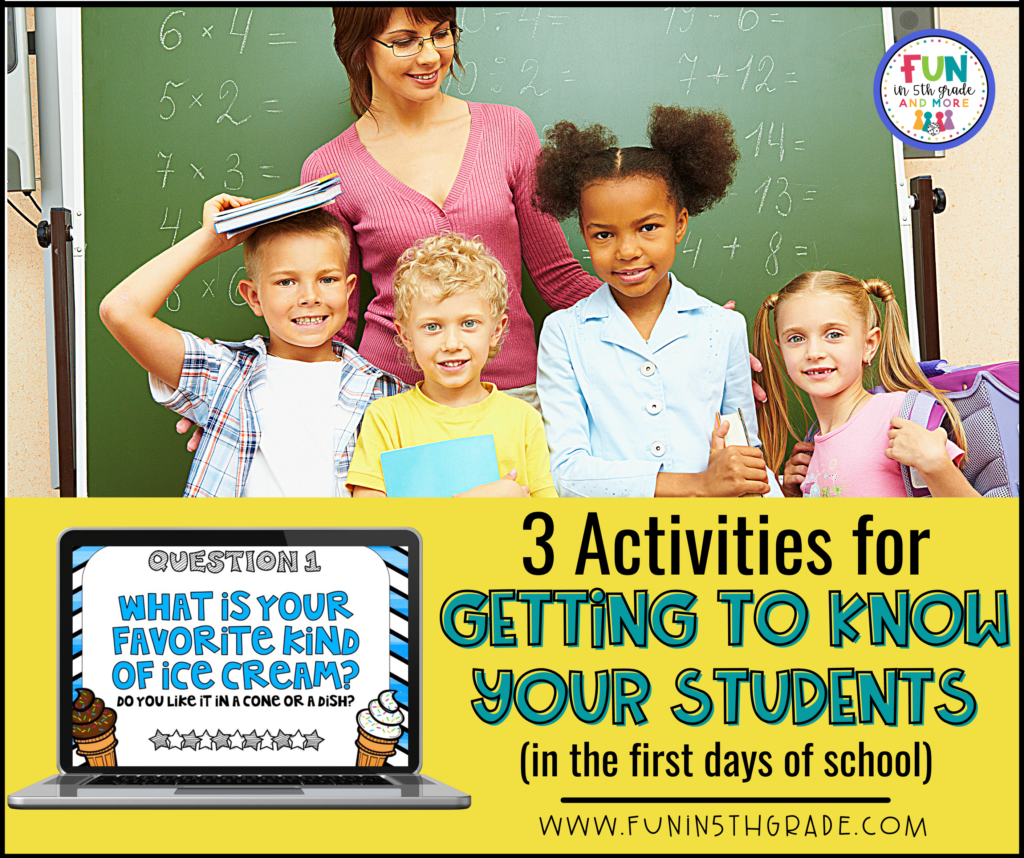
Activity #2: ‘What’s the Scoop?’
I’ve often heard it said that the best way to get someone talking is to ask them questions about themselves, and that is exactly why ‘What’s the Scoop?’ is such a great way to get to know students.
‘What’s the Scoop?’ is a PowerPoint activity designed to get to know your students one question at a time.
This activity can be run in a center or as part of a large group activity (if you have easy access to technology), or you can assign it to students to complete individually. Afterward, they will simply turn the recording sheet in to you.
Yet Another Option: Do the activity 1-2 questions at a time as a full group over the course of several days. After asking the question, let students share their answers with others or ask them to share with the class.
What will you learn?
With 28 questions that ask things like, “How do you feel when you are learning something new?” and “If you were given $1000 right now, what would you do with it?” You’ll learn a lot about your students’ interests, goals, hobbies, and values.
Activity #3: Creating Characters
Using a character traits list, ask students to create three characters, all based on themselves in different environments. The first character is who they are at school. The second is who they are at home, and the third is who they are at a location of their choice. For each character, the student draws a ‘self-portrait’ and five character trait words that best describe them in that environment.
If you want to add a little pizzazz to this activity, let students use magazines or computers to search for and print examples of the types of clothes they would wear or the items they would be holding. They can also add details to the background of their self-portrait to highlight the specific places and items they are interacting with.
What will you learn?
We are all different in different locations. As teachers, you know that you have a teacher persona and an evening persona. Your teacher persona may be put together, creative, and energized, but your home persona may be tired, simple, and messy. Students are the same. They often act very differently at home than they do at school or with friends or on the soccer field, or in the library. Giving them a chance to describe how they feel and interact in those situations will teach you a lot about them, including:
- How they feel about being at home.
- Whether or not they enjoy school
- What other places are important to them?
- How they describe themselves
- Whether or not clothes or items are important to them
- …and so much more.
I know that you have lots of opportunities for activities to use in those early days of the school year, but hopefully, learning as much about your students as possible and helping them to feel more comfortable around you is high on your priority list.
If you want to read some more ideas for back to school, check out some of these posts!
Even more blog posts:
Back to School Resources for Virtual and Physical Learning Spaces
Teach Resourcefulness and Independence Through Classroom Procedures
Finally, if you remember back when I was talking about what detectives do to learn more about the people they are questioning, I mentioned that the person doing the interrogating will often try to make a connection with the witness first. Don’t forget about this important step!
It is a lot easier getting to know your students in the first days of school if they feel like they are getting to know you too!
These activities can’t be all one-sided. Give students the gift of your thoughts by participating in the activities with them. Just as you are trying to figure them out, they are also trying to learn things about you! It is in these first few days that a positive classroom culture grows.
